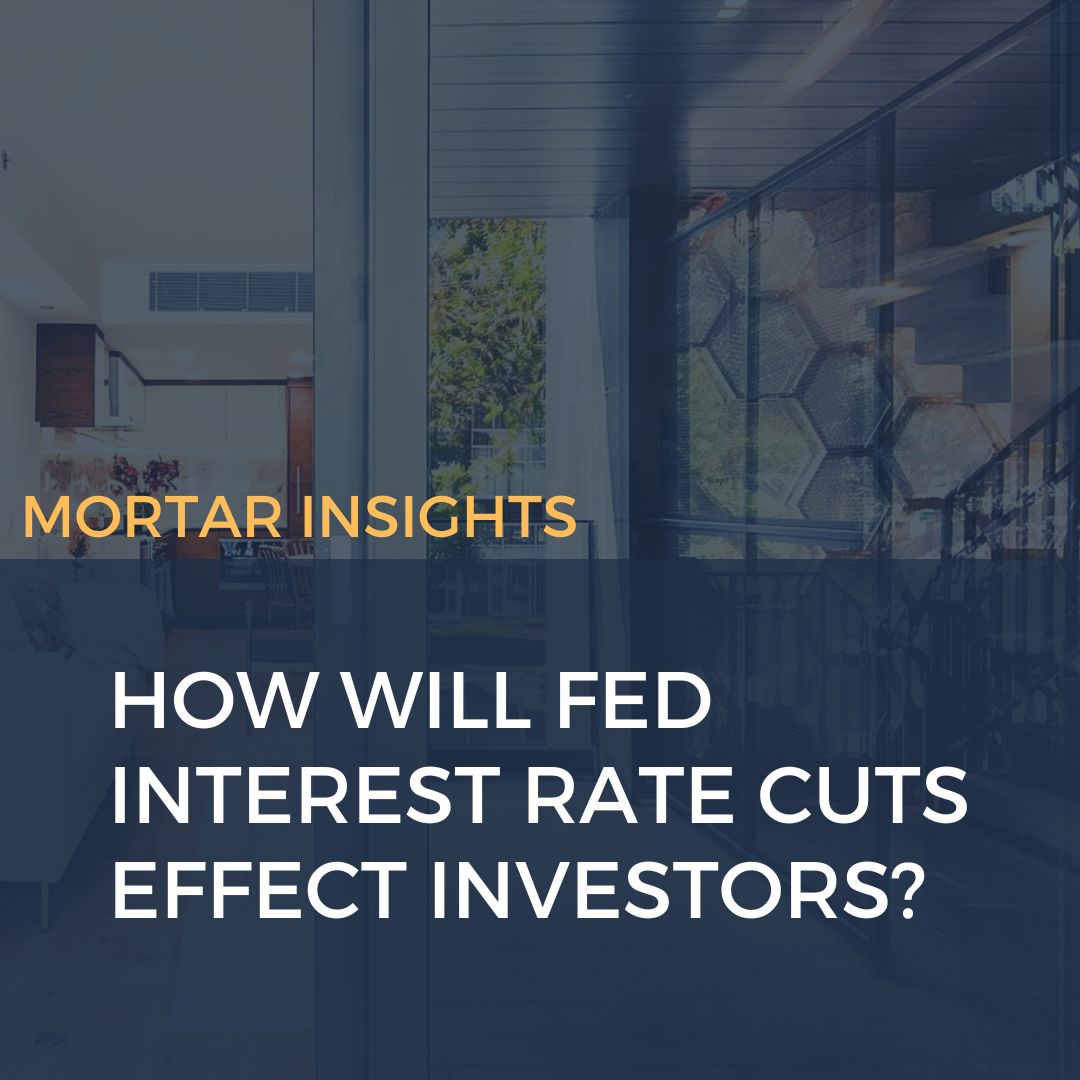This month we explore the interest rate cuts anticipated for this year and what we feel may be their impact on several facets of the market.
Over the last two years, in the US we have all been dealing with uncertainty of increasing interest rates, which has halted housing growth but help curb inflation that overheated during covid. As frustrating as this was (and continues to be) for those of us looking to purchase new homes or refinance existing homes in their portfolio, it looks like this was a necessary step the Fed had to take to help curb inflation.
With some relief on the horizon – in December 2023 the Fed announced that it plans to cut the interest rates 2-4 times in the coming year. With these moves, mortgage lenders by the end of 2024 should be able to offer rates for 30 years fixed rate mortgages below 6%, almost 2 percentage points lower than where it was at its highs over the last 18 months.
What do the rate cuts mean for you?
The rate cuts will have a large effect on various parts of the market, and we all will be affected personally in one way or another. Overall, interest rate cuts stimulate the market – typically helping boost the stock market prices, increasing the nation’s gross revenue and helping boost employment in down sectors.
That said, here’s a brief view of some factors in the market that would be impacted, with a focus on the real estate market, both in the residential and commercial markets.
- Savings
For those of us with money in a savings accounts that saw high rates in 4-5% range last year, you would be right to assume that those numbers will be much lower now. Unless investors invested in long term CD’s or Bonds – prices are coming down. Some online banks have already lowered 12-month CD rates in the 3.5% range on the expectation that rates will fall in the next year.
High-yield savings account rates can be adjusted at any time, and banks are still advertising some of their highest rates in over a decade. But savers should expect these rates to also be lowered in tandem with any Fed rate cuts in 2024.
While the downside means savers will likely lose some of the opportunities, they’ve had to earn an easy 4% or 5% APY without taking on some risk, some will shift to index mutual funds, ETF’s or alternatives to claw back the initial reduction in interest income.
- Auto Loans and Personal Loans
As a result of the rate cuts, you can expect the rates for auto loans and personal loans to decrease as well over time. This will spell relief for many who have existing debt, but it will also offer an opportunity to others looking to take advantage of the market.
According to Edmunds – Auto loan rates for new car purchases were above 7% in fourth quarter of 2023 and even higher, 11.6%, for used vehicle purchases. Personal loan rates have soared due to the rate hikes over the last 2 years and likewise, student loan rates. Credit cards rates were always high but also increased during this period.
Whether via credit cards, home loans or home lines of credit – it is safe to say the rate cuts will give consumers access to more affordable financing.
- Real Estate
The real estate market should see the largest or most considerable impact from the lowering of the interest rates over 2024.
On the residential side, over the last two years inventory declined and housing growth halted due to the higher interest rates as the affordability of the prospective buyers decreased significantly with the interest rate hikes.
Now, with the rates cuts, one can safely assume that this allows those prospective buyers standing pat or priced out of the market may be able to purchase the home they have wanted all along. Although this could mean a lot more competition amongst buyers for a specific home, it should also allow for more homes to hit the market as prospective sellers were standing pat as well. Again, to a prospective buyer the $500,000 home they were hoping for is more appealing at 5-6% vs. 8% a year ago.
On the commercial side of the real estate market – while the stock market and national economy have done well in the last few years, real estate got hit the hardest. This led to loan defaults and the sale of distressed or underwater assets across the country. The rate drops or lower cost of debt will help increase the value of the commercial market, as it will help stabilize the market, allow for bad debt to be recapitalized, and put commercial real estate in a position to rebound for growth.
Ultimately, there are a lot of positives to gain from the rate cuts over the next year, but one should also know this comes with negatives too as mentioned above. At the end of the day, one should always have a long-term view of their investments and if possible, stay the course.
Experienced investors and real estate firms should understand how to navigate these markets and the current cycle. At Mortar we expect the current market will allow for great entry opportunities (and exit opportunities) in the New York market. Fluctuations in the market never go as anticipated, but being experienced, conservative and planning ahead can help everyone be ready for what the market brings.


